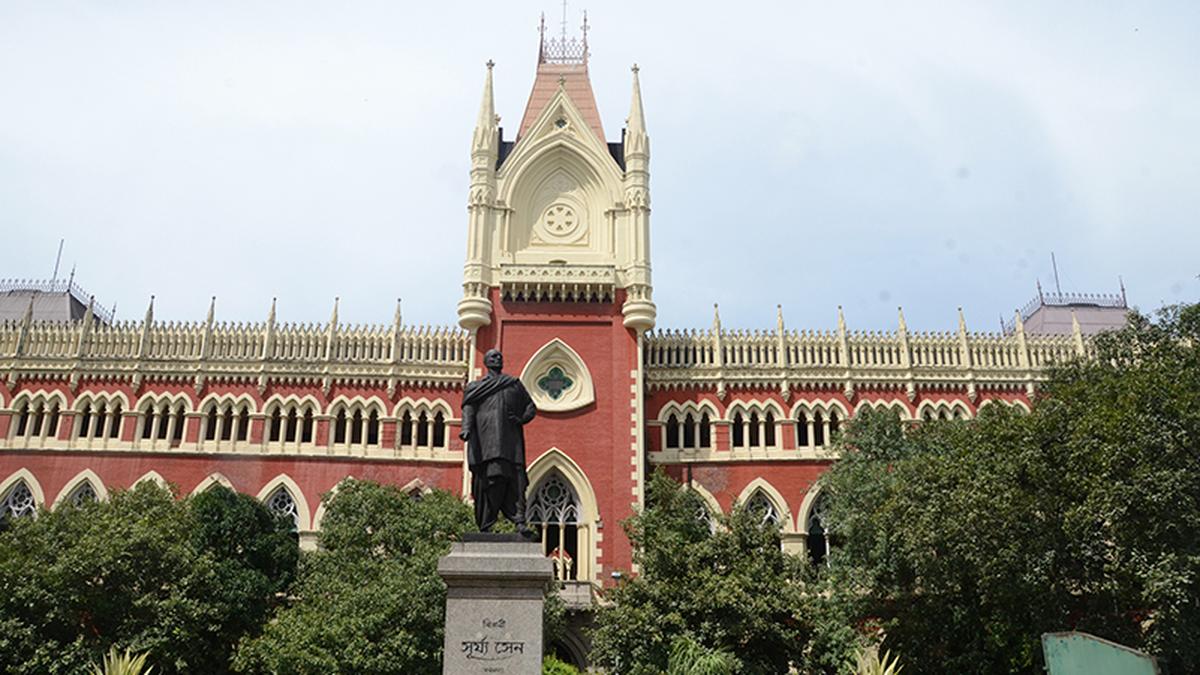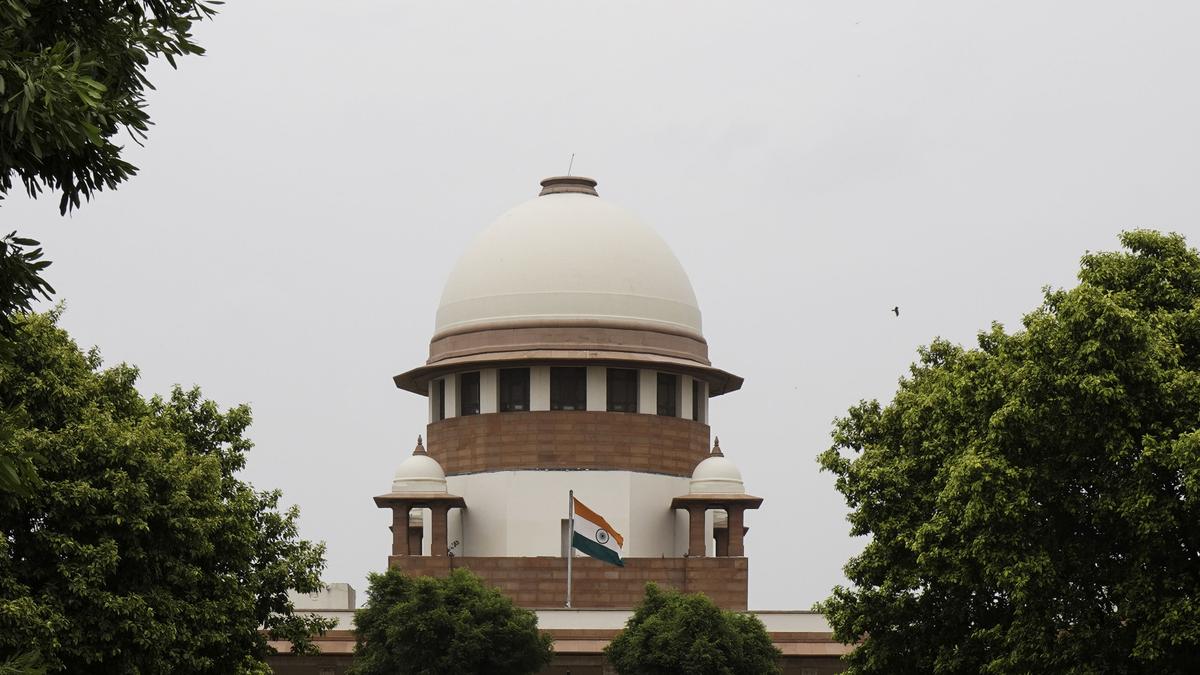ARTICLE AD BOX
Last Updated:August 18, 2025, 14:08 IST
The row between Rahul Gandhi and CEC Gyanesh Kumar has revived questions on whether the country’s top poll officer can be impeached. The answer lies in Article 324 of Constitution

The CEC enjoys one of the strongest protections under the Constitution. (PTI)
Amid the Opposition’s allegations of ‘vote theft,’ reports suggest that INDIA bloc parties may move an impeachment motion in the Monsoon Session of Parliament against Chief Election Commissioner (CEC) Gyanesh Kumar. The move, if initiated, would mark a rare test of India’s constitutional safeguards around the Election Commission. But can the CEC actually be impeached, and how likely is it?
Why The Opposition Is Talking About Impeachment
The debate gathered steam after Congress leader Rahul Gandhi accused the Election Commission of presiding over “vote theft" in the 2024 Lok Sabha elections. Gandhi claimed large-scale irregularities in Karnataka’s Mahadevapura constituency, citing duplicate entries, fake addresses, bulk voters, invalid photographs and misuse of voter forms.
CEC Gyanesh Kumar hit back strongly, dismissing the accusations as an “insult" to the Constitution. He asked Gandhi either to provide a signed affidavit with evidence or apologise for the remarks. Rahul Gandhi refused, alleging bias and pointing out that no such demand was made when BJP MP Anurag Thakur levelled similar charges.
As the confrontation escalated, Congress MP Syed Naseer Hussain told ANI that the party was prepared to use “all democratic tools," including the option of an impeachment motion. No formal decision has yet been taken, but the political rhetoric has revived a question that rarely enters the national conversation: can the Chief Election Commissioner be impeached?
What The Constitution Says
The CEC enjoys one of the strongest protections under the Constitution. Article 324(5) makes it clear that the Chief Election Commissioner can only be removed from office in the same manner and on the same grounds as a judge of the Supreme Court. The grounds are limited to “proved misbehaviour or incapacity," ensuring that the office cannot be targeted over political differences.
This removal process is sometimes described as “impeachment," though technically the Constitution does not use that word for the CEC. What it does prescribe is a highly demanding procedure that requires approval from both Houses of Parliament, with the kind of majority rarely seen outside of consensus or ruling party support.
How The Process Works
A motion to remove the CEC can be introduced in either House of Parliament, but it must first have the backing of a significant number of members, at least 100 MPs in the Lok Sabha or 50 MPs in the Rajya Sabha. If admitted, it is debated and then put to vote. For the motion to pass, it requires two layers of approval: a two-thirds majority of members present and voting, and support from more than half of the total strength of the House.
Even if one House passes the motion, the other must do so with the same majority. Only then is the resolution forwarded to the President, who can issue an order for removal. The bar is set deliberately high to ensure that the Election Commission remains shielded from political vendettas and day-to-day power struggles.
Why Removal Is Almost Impossible
In practical terms, removing a CEC is extraordinarily difficult. No Chief Election Commissioner has ever been removed since the body was created in 1950. Unless the ruling government of the day backs the move, the Opposition on its own cannot gather the numbers to carry it through. With the NDA holding a majority in Parliament, the INDIA bloc’s threat to initiate impeachment proceedings is more of a political signal than a legal possibility.
This reality explains why the framers of the Constitution tied the CEC’s security of tenure to that of Supreme Court judges, to ensure that the poll body remains independent and resists pressure from whichever political formation is in power.
The Current Flashpoint
The present row is therefore less about the mechanics of impeachment and more about political messaging. Rahul Gandhi has insisted that the Congress’s data on “vote theft" comes directly from the Election Commission’s own website, and that the issue concerns not one seat but the entire country’s voter lists. The CEC has rejected those claims and demanded proof, while the Opposition has signalled that it may use impeachment as a parliamentary tool to corner the government.
Whether or not such a motion is formally moved in the Monsoon Session, the standoff has already turned into a flashpoint. On one side is the Election Commission seeking to defend its credibility, and on the other, an Opposition determined to challenge what it calls “vote theft."

Karishma Jain, Chief Sub Editor at News18.com, writes and edits opinion pieces on a variety of subjects, including Indian politics and policy, culture and the arts, technology and social change. Follow her @kar...Read More
Karishma Jain, Chief Sub Editor at News18.com, writes and edits opinion pieces on a variety of subjects, including Indian politics and policy, culture and the arts, technology and social change. Follow her @kar...
Read More
- Location :
- First Published:
August 18, 2025, 14:08 IST
News explainers Can India’s Chief Election Commissioner Be Impeached? The Law, Politics And Current Row
Disclaimer: Comments reflect users’ views, not News18’s. Please keep discussions respectful and constructive. Abusive, defamatory, or illegal comments will be removed. News18 may disable any comment at its discretion. By posting, you agree to our Terms of Use and Privacy Policy.
Read More



.png)
.png)
.png)
















 1 week ago
12
1 week ago
12








 English (US) ·
English (US) ·